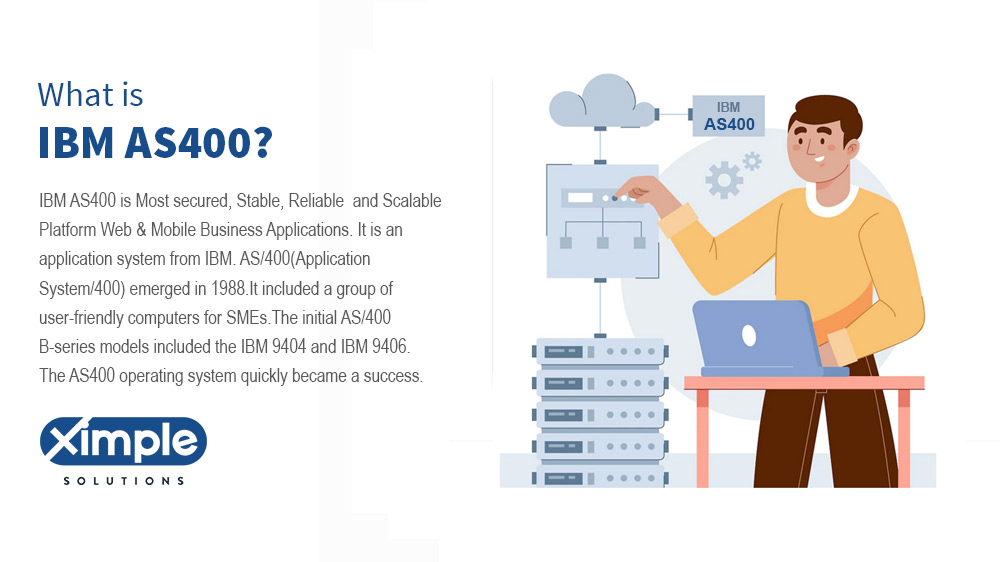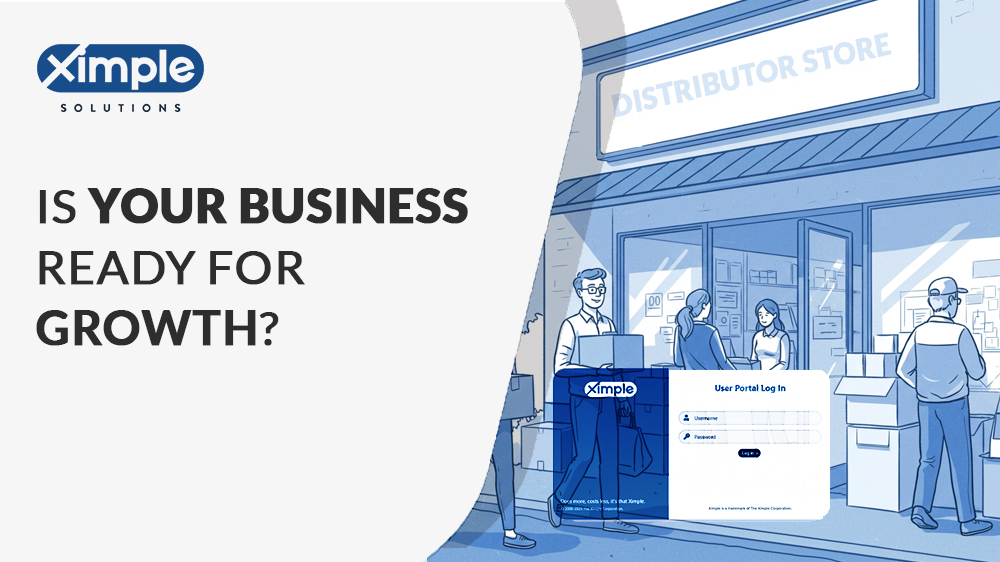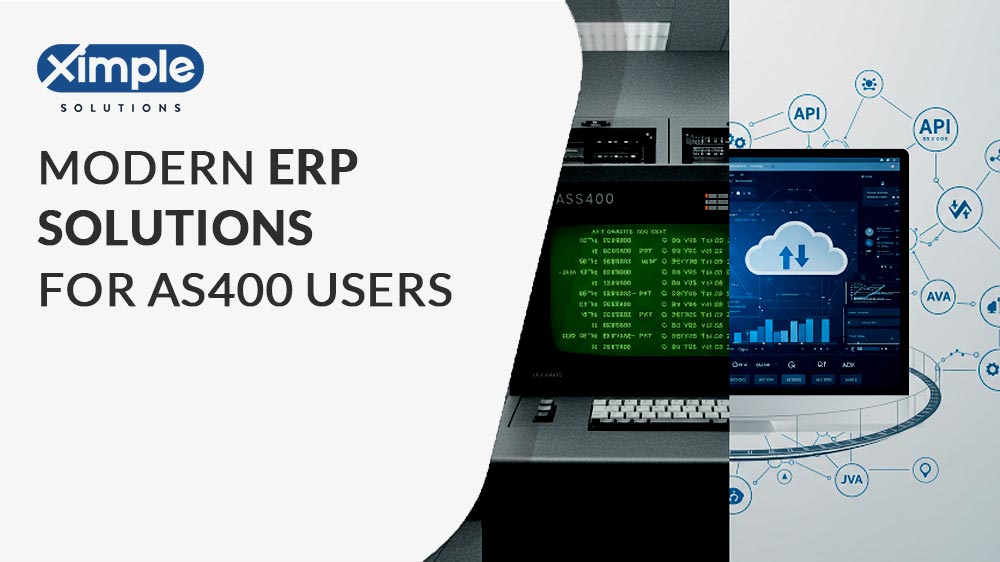What are Cloud Computing Services? Cloud Computing at a Glance
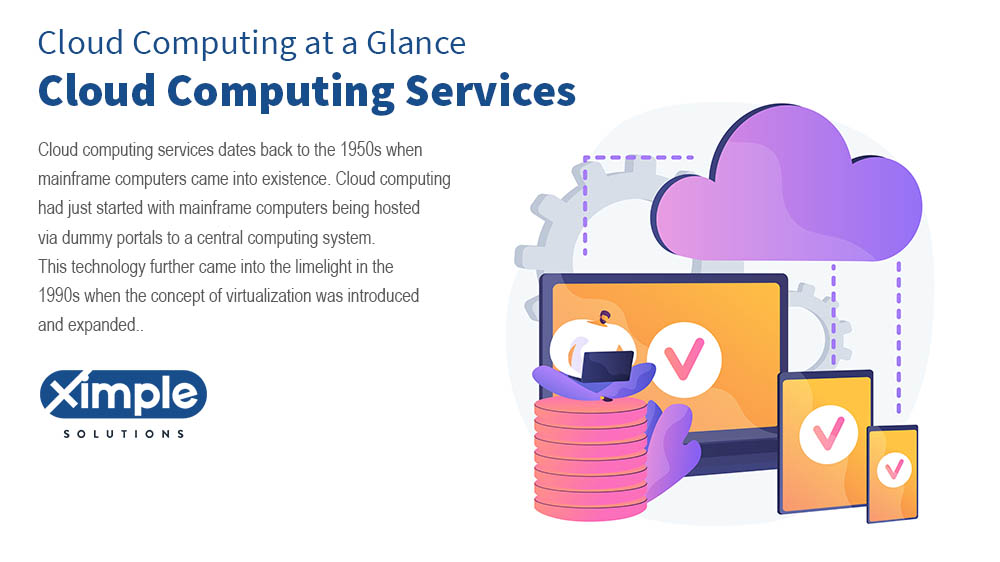
Cloud computing services date back to the 1950s when mainframe computers came into existence. Cloud computing had just started with mainframe computers being hosted via dummy portals to a central computing system. This technology further came into the limelight in the 1990s when the concept of virtualization was introduced and expanded…
The cloud services that we have today is the result of the increasing demand and evolution of this technology.
So what exactly is today’s modern-day cloud computing?
How has this technology that started with mainframe computers being centrally hosted become an integral part of today’s digital world? And how does it evolve continuously?
Let’s have cloud computing at a glance

What exactly are cloud technology services in today’s time?
Need for cloud technology to evolve: As per statistics
- Enterprise workloads are dependent on cloud technology in 2020
- Enterprises already use a cloud service.
- All IT budgets are allocated to cloud computing.
- Enterprises already have a central cloud team or a cloud center of excellence.
Therefore, cloud service providers have to constantly keep themselves updated with the latest and the best technology to keep up to the market standards.
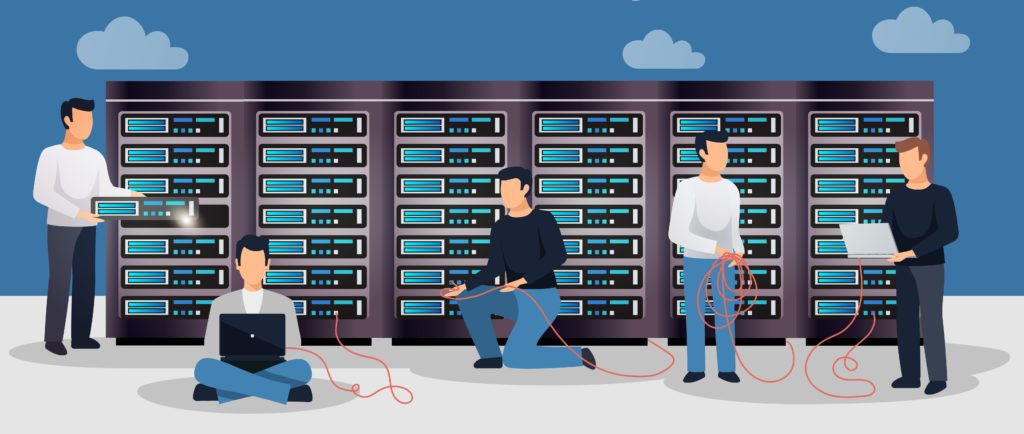
Over 2.5 quintillion bytes of data are created every single day servers and data centers must match up to the best processing power and must be provided with high maintenance.
The data centers must have adequate backups in case of a server failure or any loss of data from one data center. Thus cloud technology evolves every single day.
With hackers who figure out various loopholes to break into the system, new security mechanisms are to be adapted every single day. Thus cloud technology evolves every single day.
So why choose Ximple Solution’s cloud technology-based ERP services?
As our customers make use of our ERP services as they embark on their journey to the cloud, we’ve got their back always. From on-premise solutions to public and private ERP cloud deployments,
- Our unique way of understanding the client’s needs
- An unprecedented range of domain services
- The most flexible and scalable cloud-based solutions on the market
- We provide an enhanced overall cloud experience for all businesses.
Ximple Solutions’ cloud-based ERP offerings feature various deployment models , including a Cloud-Connected desktop with our products hosted in the cloud. We keep pace with the rapid evolution of cloud technology.
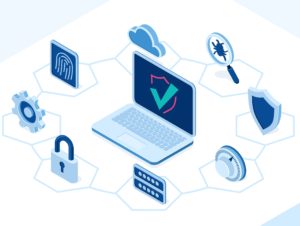
Our cloud-based ERP services are highly secure with multiple layers of complex security mechanisms and no one but only our authorized staff has access to our data centers. This makes it impossible for any unauthorized person to break into our system..
We help enlighten organizations with advanced industry insight and an improved overall digital transformation experience, we do so not only with superior performance and expertise – but in Evaluation, Purchasing, Onboarding, Security, and dedicated Customer Support
Using Ximple solution’s cloud services means you can move faster on projects and transactions without lengthy procurement and big upfront costs. At Ximple Solutions, we know ERP and cloud systems. And, we understand the business and market of today’s world.
Cloud Computing at a glance: If you’re still wondering why do you need Cloud-based technologies in your business?
1. In today’s ever-changing business climate, business owners must get what they need right when they need it. The cloud enables businesses with mobile access to data and helps them be more competitive within their market.
2. Cloud-based solutions are ideal for businesses with growing and fluctuating bandwidth demands. If your business demands increase, you could easily increase your cloud capacity without having to take a position in physical infrastructure. This level of agility can give businesses using cloud computing a true advantage over competitors.
3 Cloud computing services could seem intimidating and “only meant†for larger businesses or corporations. However, this isn’t true; cloud computing is extremely important for small-scale businesses, too. Cloud computing has brought new opportunities for small-scale businesses so that they can grow their business on a worldwide scale.
FAQ
1. What are the 3 types of cloud computing?
Three kinds of cloud computing solutions include the following:
- IaaS – It refers to the Infrastructure-as-a-Service. In short, Infrastructure-as-a-service becomes active when a third party manages your servers, data storage, networks, and related things via the Internet. As a user, you will access your business resources using a dashboard or an API. Thus, you will pay the third-party service provider to store your data resources in the cloud. They will carry out all the maintenance work and upgrades and handle technical problems.
- PaaS – The meaning of PaaS is Platform as a Service. A third-party cloud service provider provides an application software platform and hardware. However, the user is responsible for handling all the apps running on the platform and the data they use. Thus, PaaS is an option for educated and experienced programmers or developers. They can run a shared application development cloud platform.
- SaaS – The meaning of SaaS is Software as a Service.As the name suggests, the service delivers a software tool from the service provider.SaaS can be mobile app-based or internet-based applications. Either way, users need to access it using a web browser. As in the case of IaaS, the SaaS provider carries out all the maintenance and repair work.
2. What is cloud computing with examples?
Cloud refers to the internet. Computing refers to the infrastructural systems that enable PCs to interact with information. Instead of hosting these systems on hard drives or a premise-based server, cloud computing stores these on a web-based server. Cloud computing examples include many applications. Some of these are:
- Medical care – Doctors can share the results of their diagnoses from any place via cloud computing. It eliminates delays and inefficiencies.
- Distant learning – How do universities offer distance learning courses nowadays? They do it via cloud computing, allowing them to teach worldwide students.
- Public institutions – Government institutions, such as the military, were the earliest adopters of cloud computing. Besides boosting remote communication between parties, government-based cloud computing includes advanced analytics technologies.
- Communication – How do we access WhatsApp, emails, and related tools? Cloud computing provides the correct infrastructure for that.
- Business management – This is where software platforms like ERP come in. Many businesses are now shifting to cloud ERP to run their affairs remotely.
- Storage – To synchronize files from devices, you can use cloud computing tools like Dropbox and Gmail and a social networking platform like Facebook.
- Storage of citizen data – Cloud computing does not only make storage of citizen data possible. It can also help us check the current status of various citizen applications.
3. What will 3 years of cloud computing look like?
In like three years, what will cloud computing be like? Although moving business resources to the cloud is popular now, the revolution might not happen as fast as we expect. According to experts, cloud computing might grow at the same rate as the internet and computer technology. While changes will finally come, they will not take the mass migration route.
Cloud security will improve in the next three years, but it might still be a concern. However, large cloud service providers will offer beefed-up in-cloud security features. As for the management and governance of the cloud, the resources will be in place in the next three years. Most tiered data will be on massive public clouds, but some private and community clouds might crop up to help control partially private data.
4. What are the benefits of Cloud computing?
Cloud computing has several benefits. One of the main advantages of shifting your data to the cloud is high savings. As the service provider will manage and maintain the servers and take care of upgrades, you need no equipment or technical knowledge. Also, cloud computing can offer these other benefits:
- Regular software updates without paying more money
- Few or no downtimes depending on the service provider you select
- Easier compatibility between various operating systems
- Robust data backup and recovery techniques
- Boost performance and the company’s ability to scale and expand
- Adequate data storage capacity and strong security.

